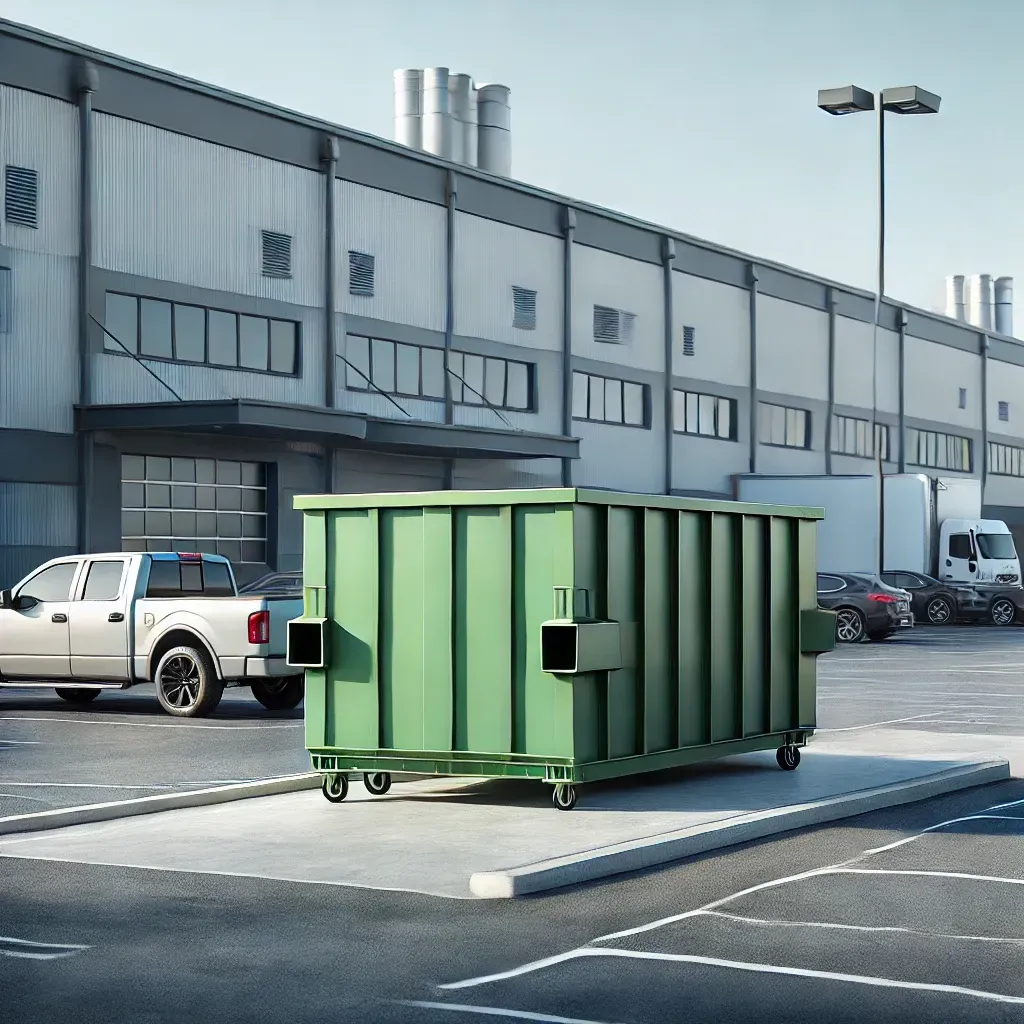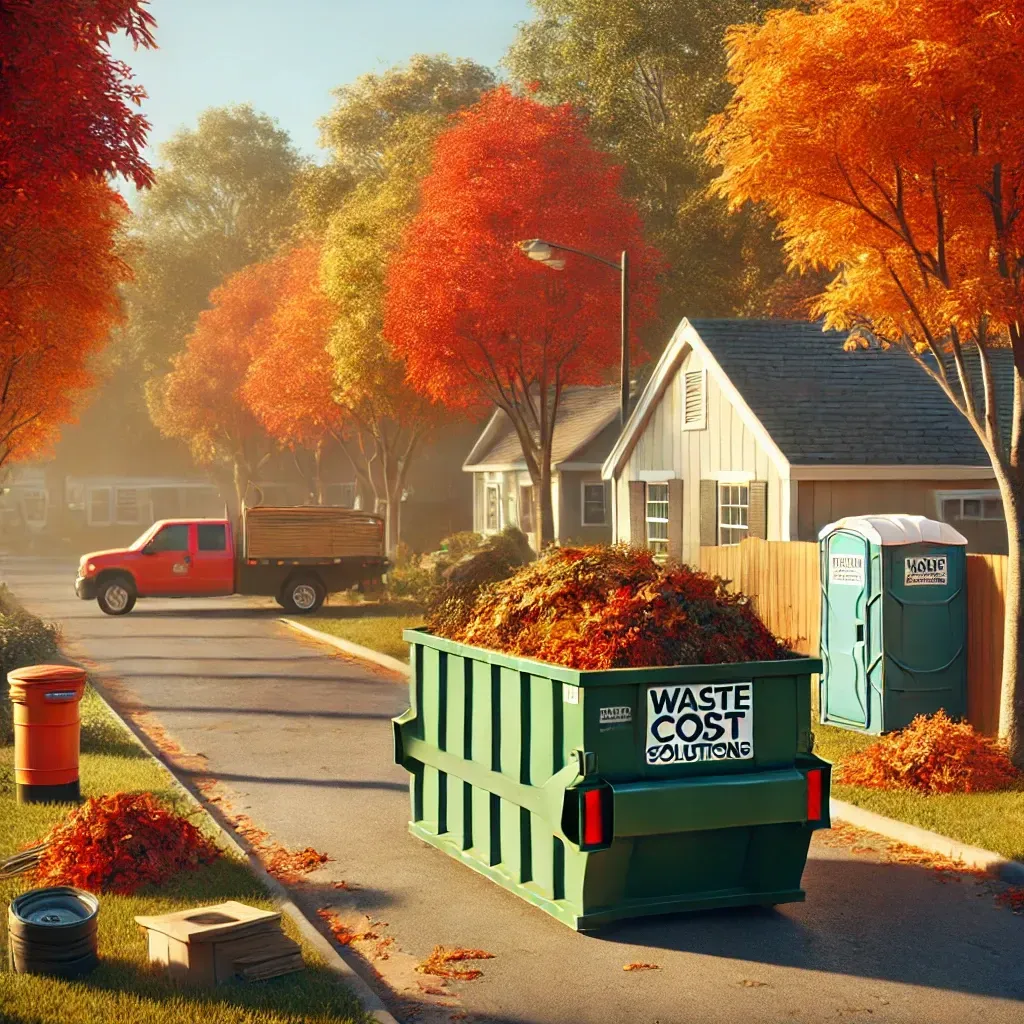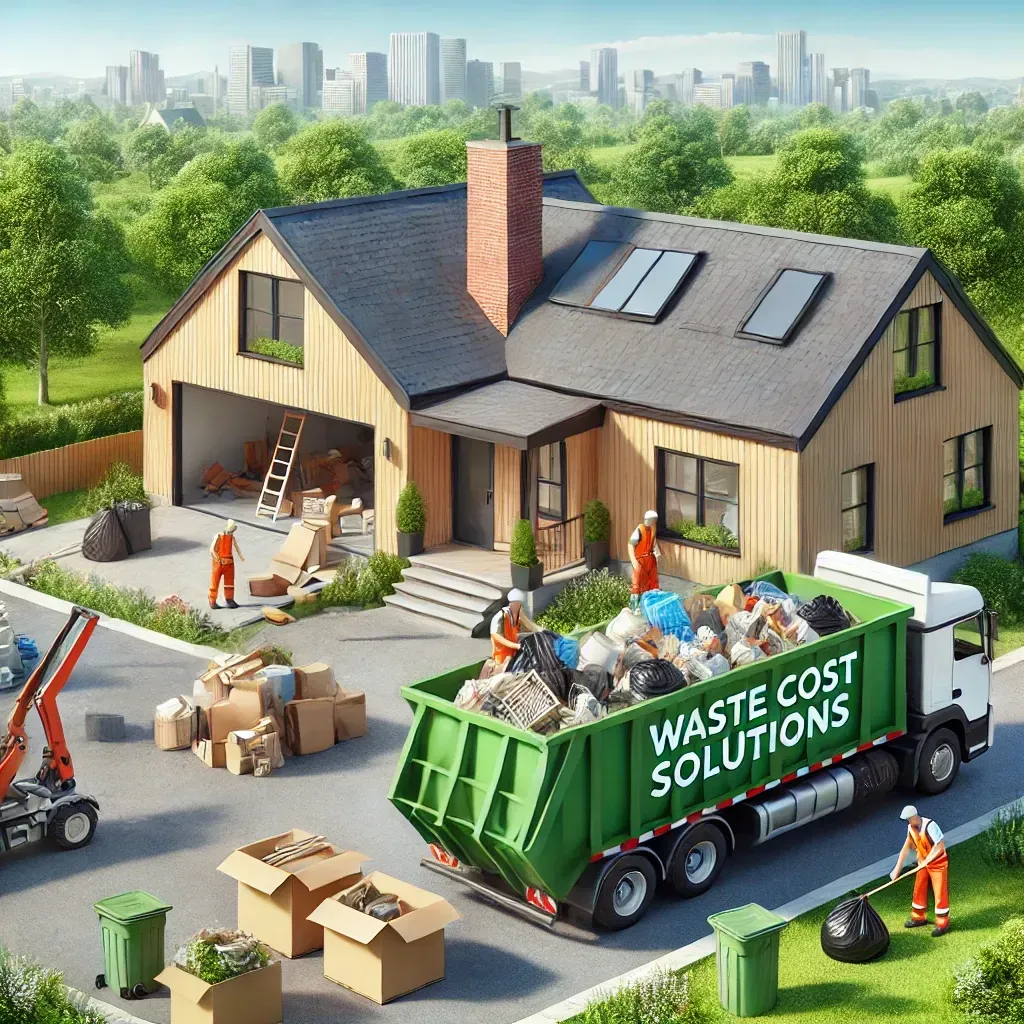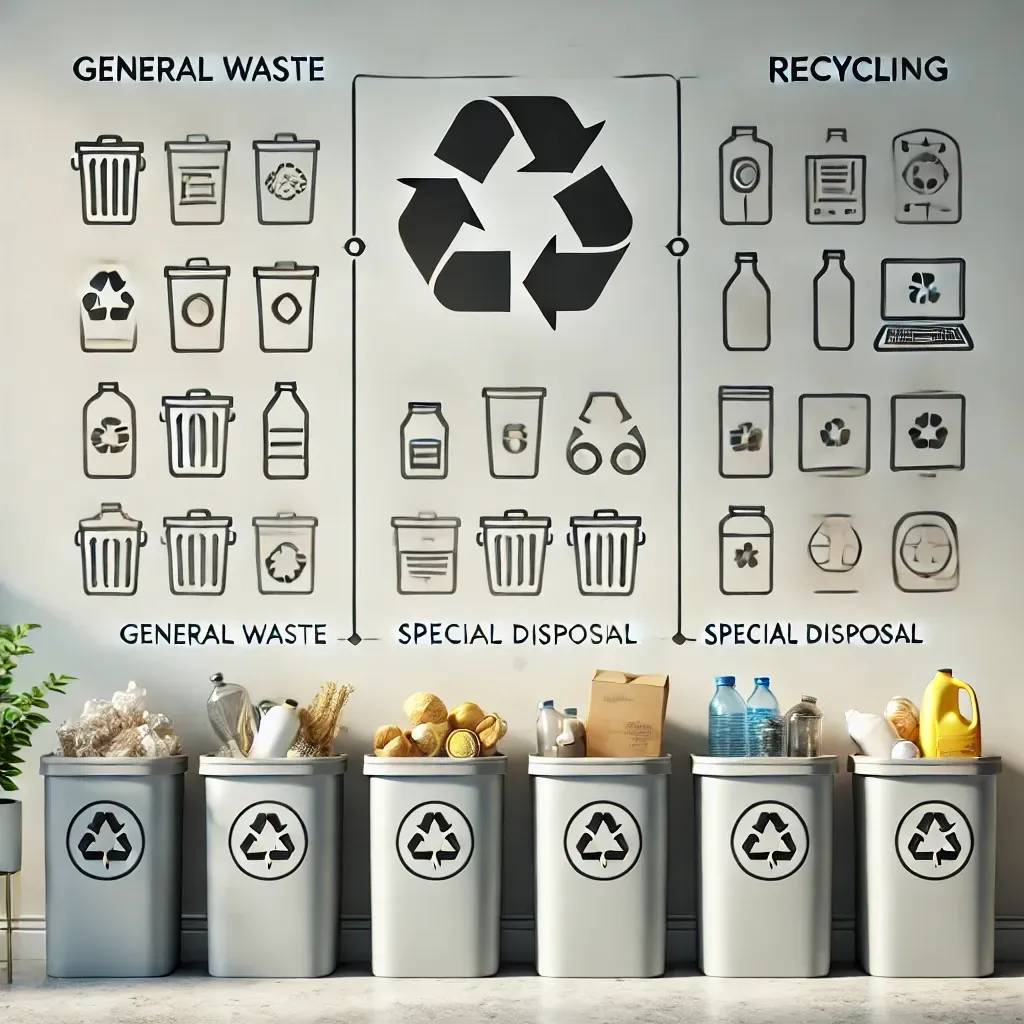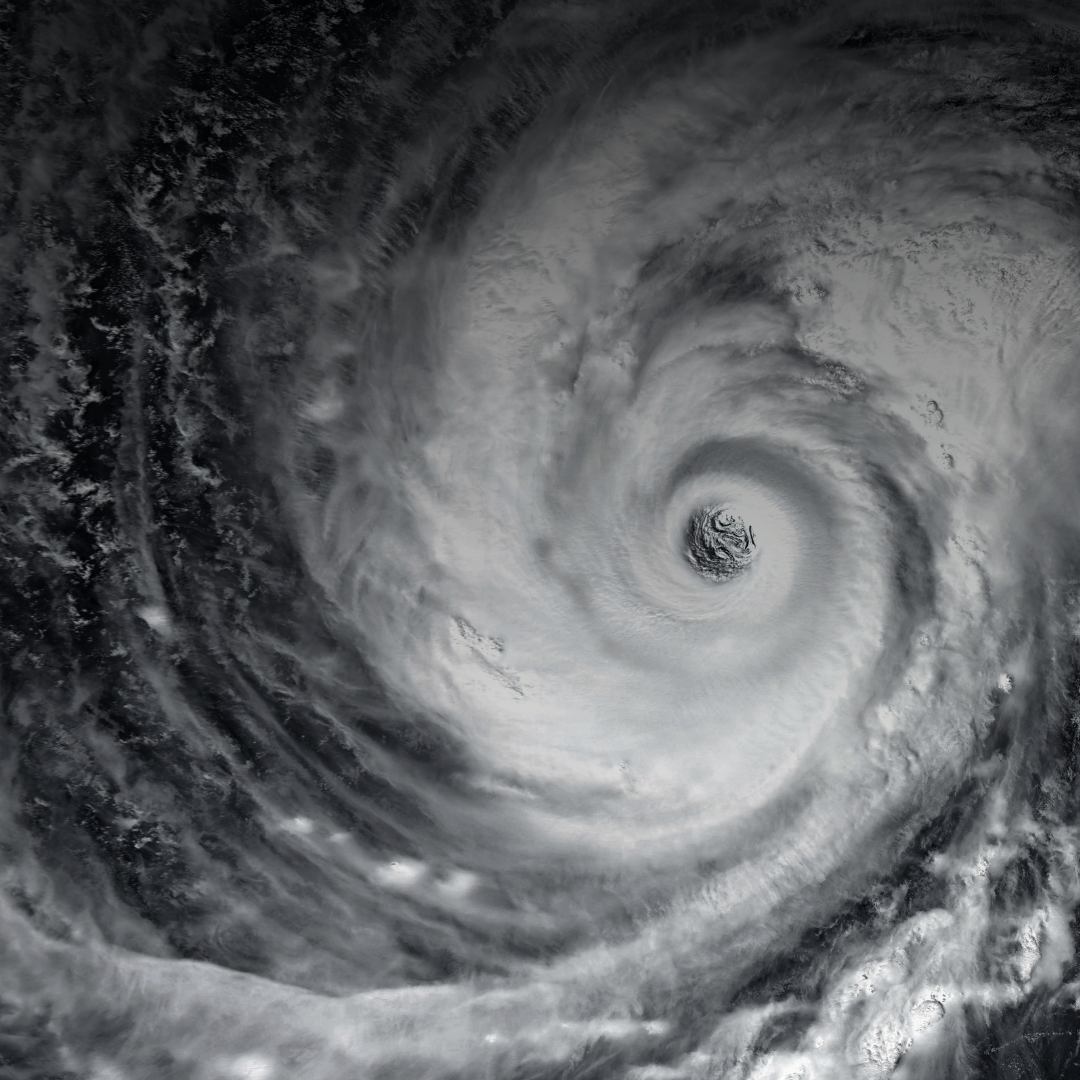Why Should I Recycle My Lithium Ion Batteries
What Should I Do With Lithium Ion Batteries?
Lithium ion batteries are one of the most popular types of batteries on the market today. They are used in everything from cell phones to electric cars. But what many people don’t realize is that lithium ion batteries can be recycled. In fact, recycling lithium ion batteries is crucial to protecting the environment.
When lithium ion batteries are disposed of in landfills, they can leak harmful chemicals into the ground. These chemicals can contaminate soil and water, and potentially harm plants and animals. Recycling lithium ion batteries helps to prevent this environmental pollution.
In addition, recycling lithium ion batteries conserves natural resources. It takes a significant amount of energy and water to mine and process lithium ore into battery-grade materials. By recycling used batteries, we can reduce our demand for these limited resources.
Finally, recycling lithium ion batteries helps to create new jobs and businesses. The recycling process requires special equipment and trained personnel. This creates new opportunities for employment and entrepreneurship.
For all these reasons, it’s important that we recycle used lithium ion batteries instead of throwing them away. Help protect the environment and support the economy by making sure your used batteries are recycled properly.
Will Recycling help the Lithium Ion Battery Shortage
While recycling any battery is helpful in theory, the recycling process for lithium ion batteries is not yet efficient enough to make a significant impact on the battery shortage. Recycling these batteries generally involves breaking them down into their component parts, including the cathode, anode, and electrolyte. However, this process is not yet able to recover all of the materials used in the original battery, meaning that a recycled battery will typically have a lower capacity than a brand-new one. In addition, the recycling process itself is expensive and time-consuming, meaning that it is not currently viable on a large scale. For these reasons, recycling lithium ion batteries is unlikely to have a major impact on the battery shortage in the near future.
Why is there a shortage in Lithium Ion Batteries
Lithium ion batteries are an essential part of many electronic devices, from cell phones to laptop computers. They are also used in a growing number of electric vehicles. However, there is currently a global shortage of lithium ion batteries, which has caused prices to skyrocket. There are a number of reasons for the shortage. First, demand for lithium ion batteries has increased dramatically in recent years, as consumers have increasingly relied on electronic devices. Second, the majority of lithium ion batteries are manufactured in Asia, and the COVID-19 pandemic has disrupted production. Finally, many battery manufacturers have been reluctant to expand capacity due to concerns about oversupply. As a result of these factors, prices for lithium ion batteries are expected to remain high in the near future.
When Will The Shortage In Lithium Ion Batteries Be Over?
As the world increasingly turns to renewable energy sources, the demand for lithium ion batteries has skyrocketed. Unfortunately, this has led to a shortage of this important resource. Lithium ion batteries are essential for powering electric vehicles, and the demand for these vehicles is only increasing. In addition, lithium ion batteries are also used in a variety of other devices, from cell phones to laptops. As a result, the shortage of lithium ion batteries is having a widespread impact. The good news is that measures are being taken to mitigate the shortage. New mines are being opened and existing mines are being expanded. In addition, recycling programs are being developed to recover lithium from used batteries. As these efforts come to fruition, it is expected that the shortage of lithium ion batteries will be alleviated.
